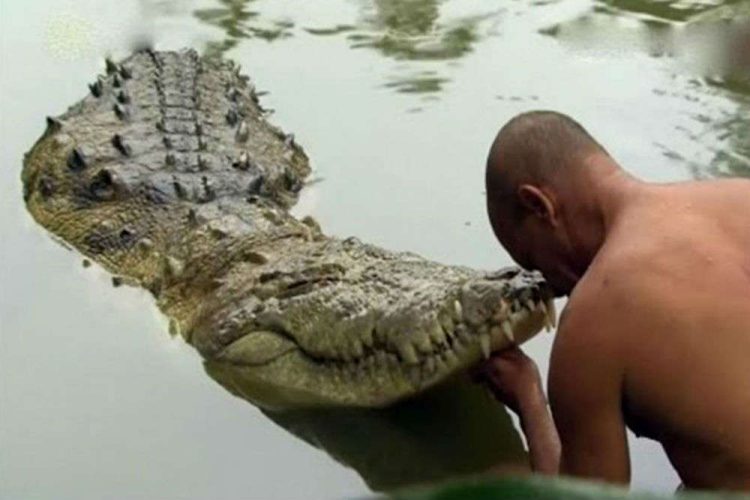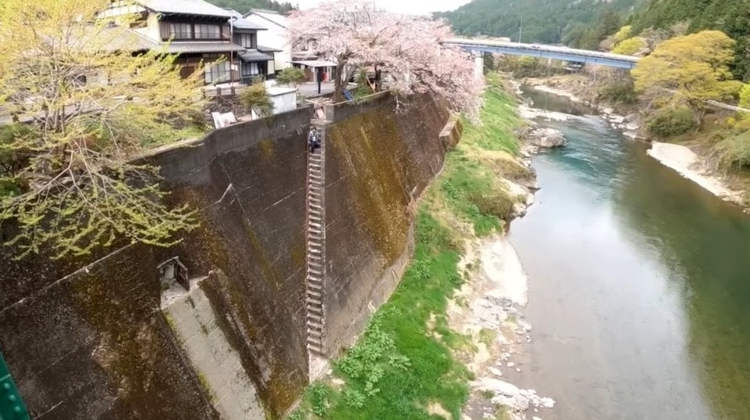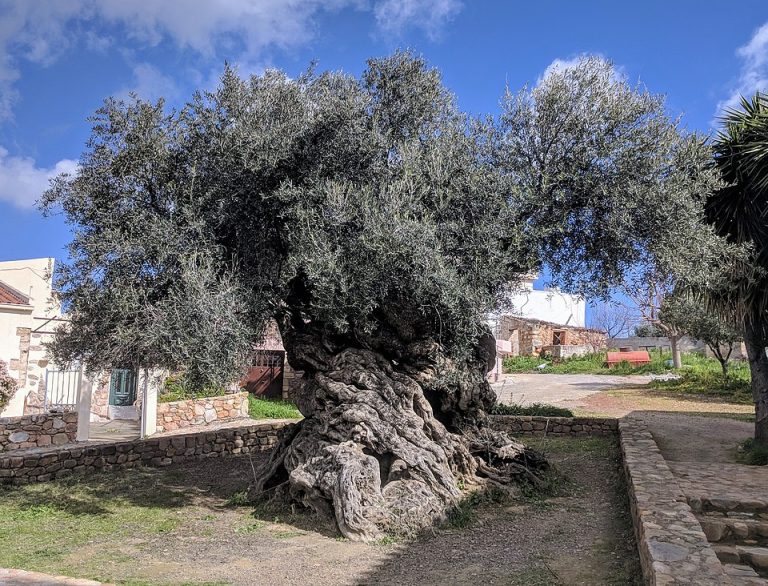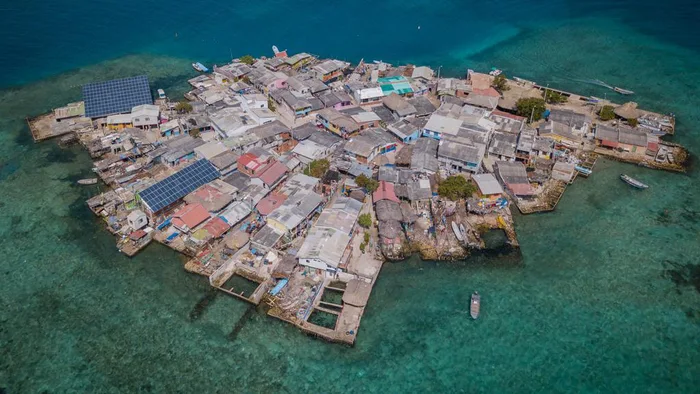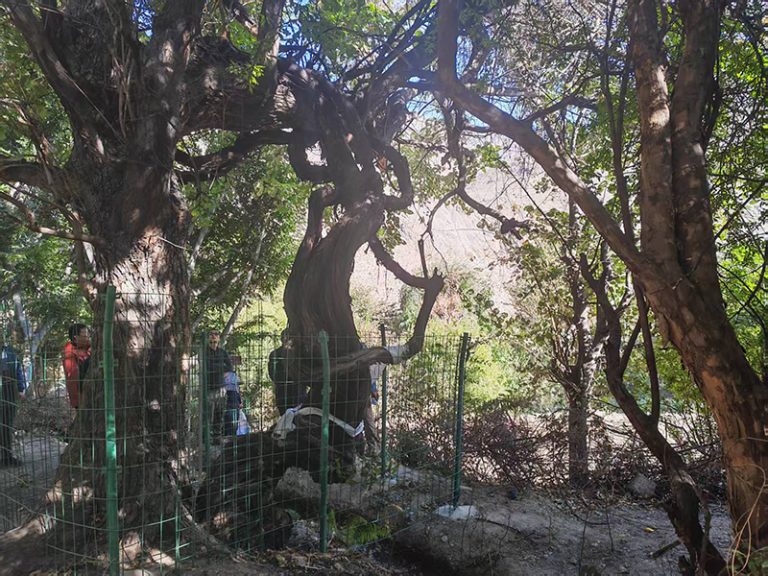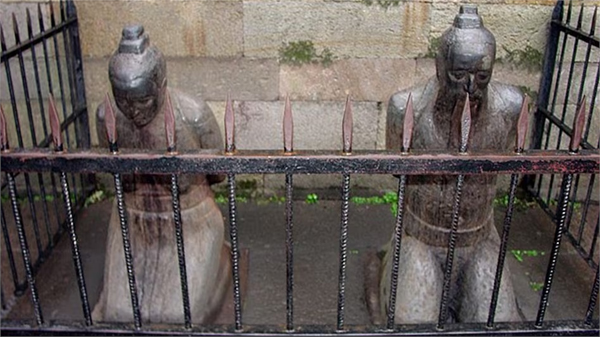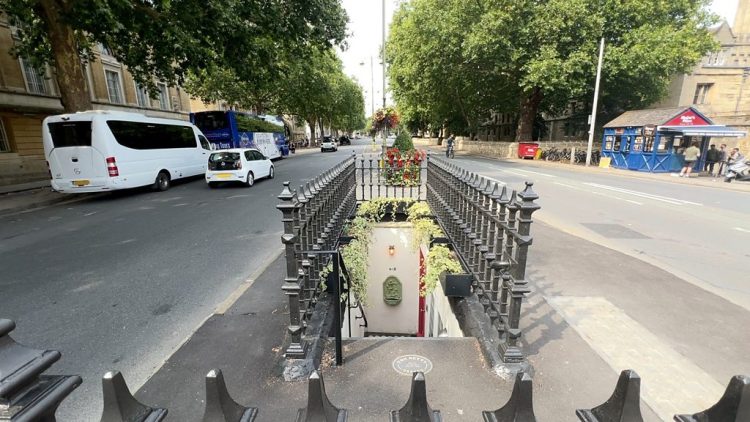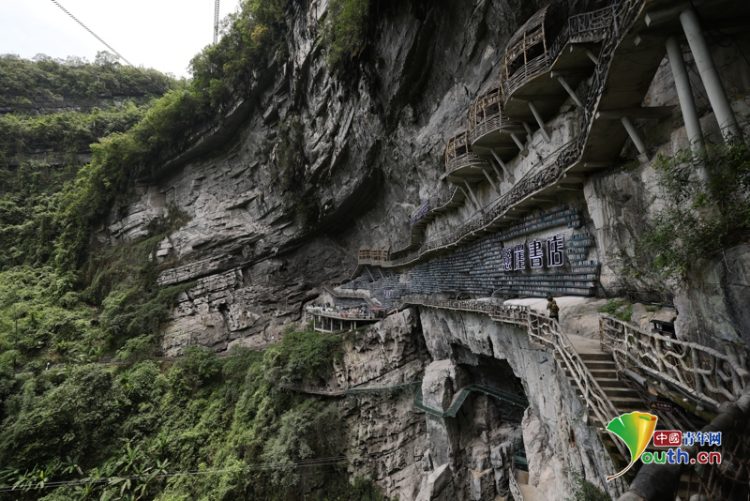Sri Ananthapura temple in north Kerala’s Kasaragod district is allegedly home to a vegetarian crocodile named ‘Babiya’ who has been living there for over 70 years.
Pictures of a large crocodile inside the Sri Ananthapadmanabha Swamy Lake Temple made international news headlines last year, boosting the small Hindu temple’s popularity. But in reality, this was one of the few times that the giant reptile had entered the temple, as it spends most of its time in an adjacent pond, waiting for the priests to bring it the daily meals, which are always vegetarian. If the priests are to be believed, Babiya the crocodile has been living solely on cooked rice for as long as he’s been at the temple, which adds up to over seven decades.
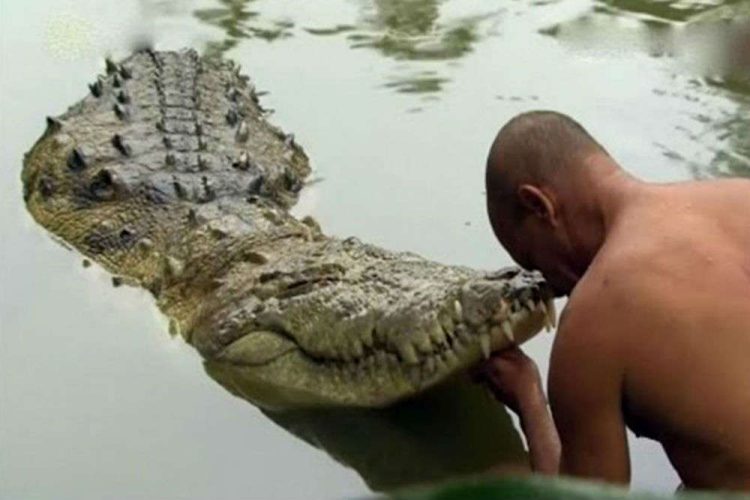
No one really knows how Babiya wound up at the Kerala temple, but it’s been there so long that everyone views it as part of the scenery. The priests there claim that the reptile has never once tried to attack them, and they consider it to be holy.
“Legend has it that back in 1945, a crocodile which was also later called Babiya appeared in the temple pond days after a British army officer was mysteriously killed by an unknown animal. It was said that the officer had shot a crocodile which was residing in the temple at that time,” Mahalingeshwara Bhat, chairman of the temple’s board of trustees told The Indian Express.
The mugger crocodile, also known as a marsh crocodile, receives two cooked rice meals per day, one in the morning and another in the afternoon. According to the staff at the Sri Ananthapadmanabha temple, it never receives any meat and doesn’t even attack the fish it shares the pond with. That last part is hard to believe, considering that a completely vegetarian diet is hard to believe.
“I feed Babiya 1 kg of rice every day. She is not fed meat; she doesn’t even attack the fishes in the lake,” a member of the temple staff told The News Minute. However, that goes against what we know about mugger crocodiles’ diet.
‘This is a Mugger crocodile and their natural wild diet primarily are fishes. They also feed on small and large mammals, like deer, wild boar, etc,” crocodile expert Anirban Chaudhuri said. “Given a choice, a crocodile would always go for its natural diet, but it is also important to understand that they are great survivors and are known to be hardy animals. Therefore, it is likely that the crocodile in the temple pond is primarily feeding on the fishes there and is consuming rice as part of a conditioned behavior. The rice balls fed to it twice a day just supplement its meal.”
Another interesting thing about Babiya is that in its 70 years at the temple, it has never attacked any of the humans there. When it entered the temple building last year and chief priest Chandraprakash Nambisan asked it go to go back to its pond, the reptile listened, turned around, and return to its favorite place.
Over the years, the Sri Ananthapadmanabha Swamy Lake Temple in Kasaragod has become famous as the home of a harmless, vegetarian crocodile, and now a lot of people visit there just to see Babiya for themselves.

